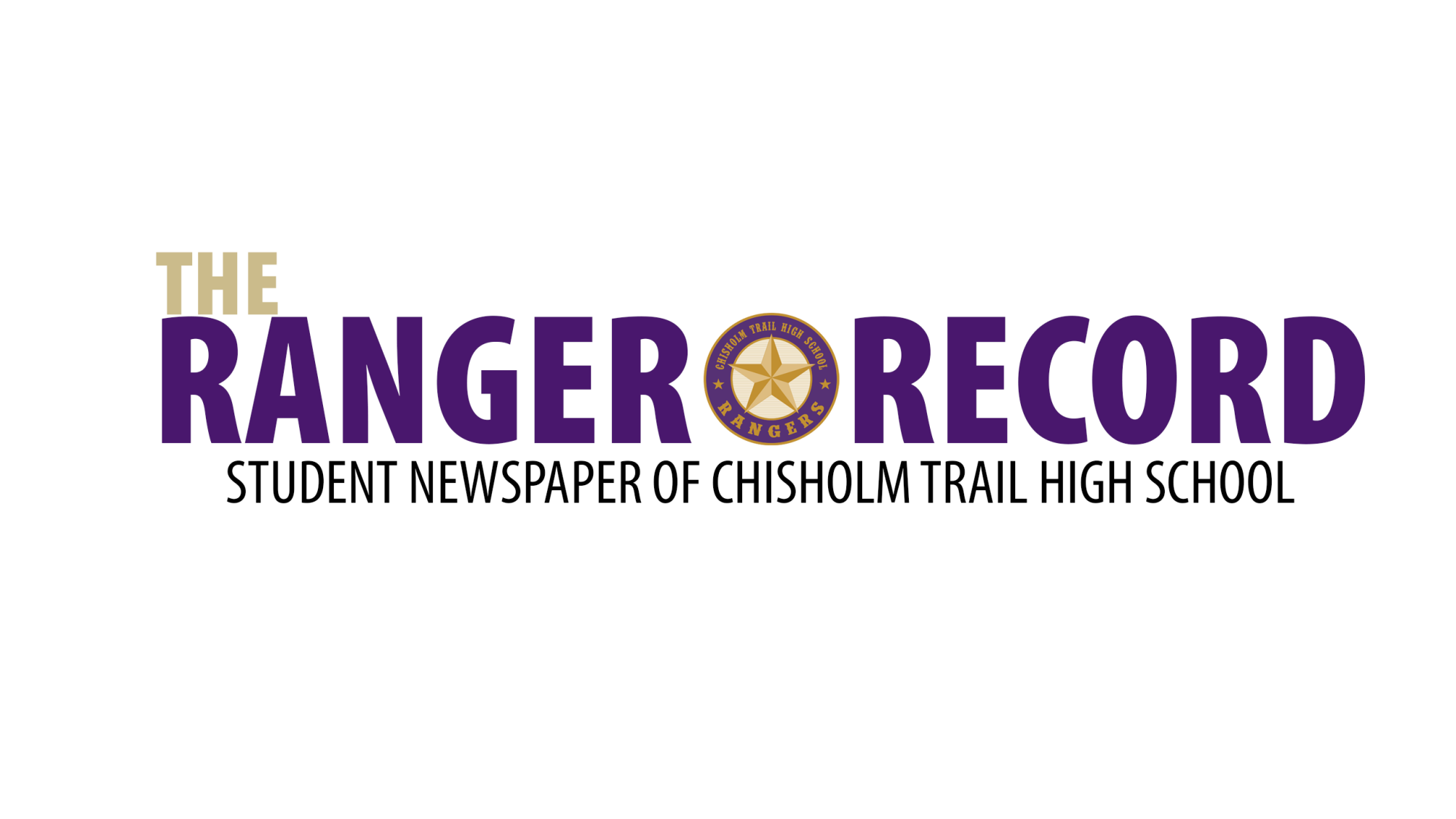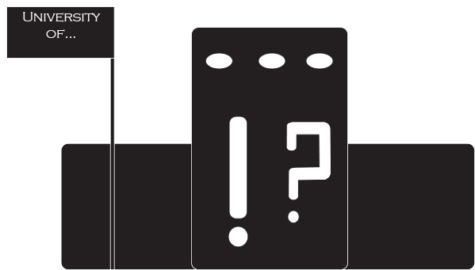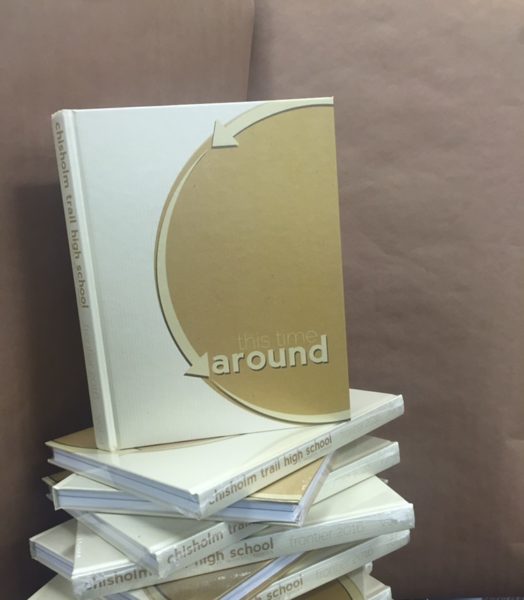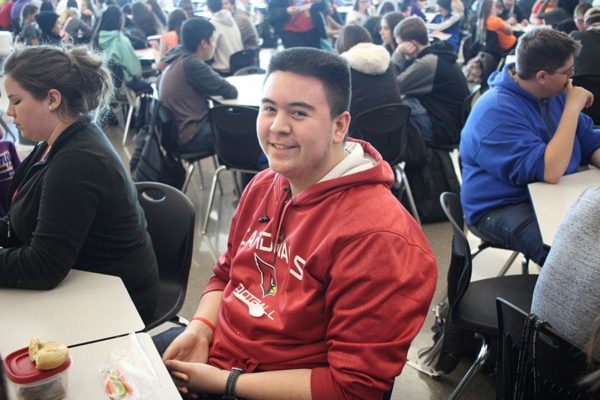Make the Best of Counselor Visits
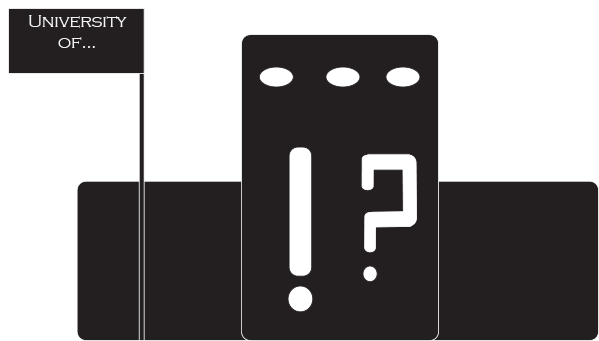
What I have heard way too often from juniors this week: “I didn’t receive any new information!”
This week marks the beginning of junior conferences with counselors, for many the real first step into seriously considering life after high school.
I had my junior conference this past Wednesday and have thought of several tips that could make the 15 minutes more enlightening for other students.
Realize your counselors are human.
There are five counselors in our school who handle life after CTHS. There are approximately 330 students in the junior class.
This means that for every one counselor at our school there are roughly 66 students having the same worries as you.
Wondering about financial aid.
Technical schools.
Graduation requirements.
To walk into a junior conference, especially a tiny 15 minute one, and expect for your counselor to miraculously present you with personalized and in-depth instructions on how to succeed after graduation is unfair to them.
Do some research.
Find the instructions yourself. Sit down at a desk and spend a whole day looking up everything you’re wondering about like tuition, majors, acceptance rates.
Keep a journal of schools you’re interested in. Write down the average SAT or ACT scores, write down what AP scores the schools give credit for. Even write down the clubs at that school you find interesting.
With every new piece of research, you ensure that your junior conference is not spent asking questions on subjects you can easily Google.
Ask good questions.
Your questions should stem from subjects you have Googled and Googled without receiving a definite answer.
When I went into my conference I had four major questions I needed answers to.
How do I find out more about grants?
When do I fill out the FAFSA?
How accurate are net price calculators?
How do AP scores convert into college credits?
By asking these questions, not only did I gain the information I was seeking but I also showed my counselor that I was serious about college. Establishing a relationship with your counselor can help when it comes to recommendations for scholarships, jobs, and college applications.
Once your meeting is over, don’t just let the information you received sit on a piece of notebook paper or inside a folder that you’re bound to forget about.
Update your journal. Keep researching and keep coming up with questions.
Just because your first counselor conference is over does not mean your planning for college is too.

